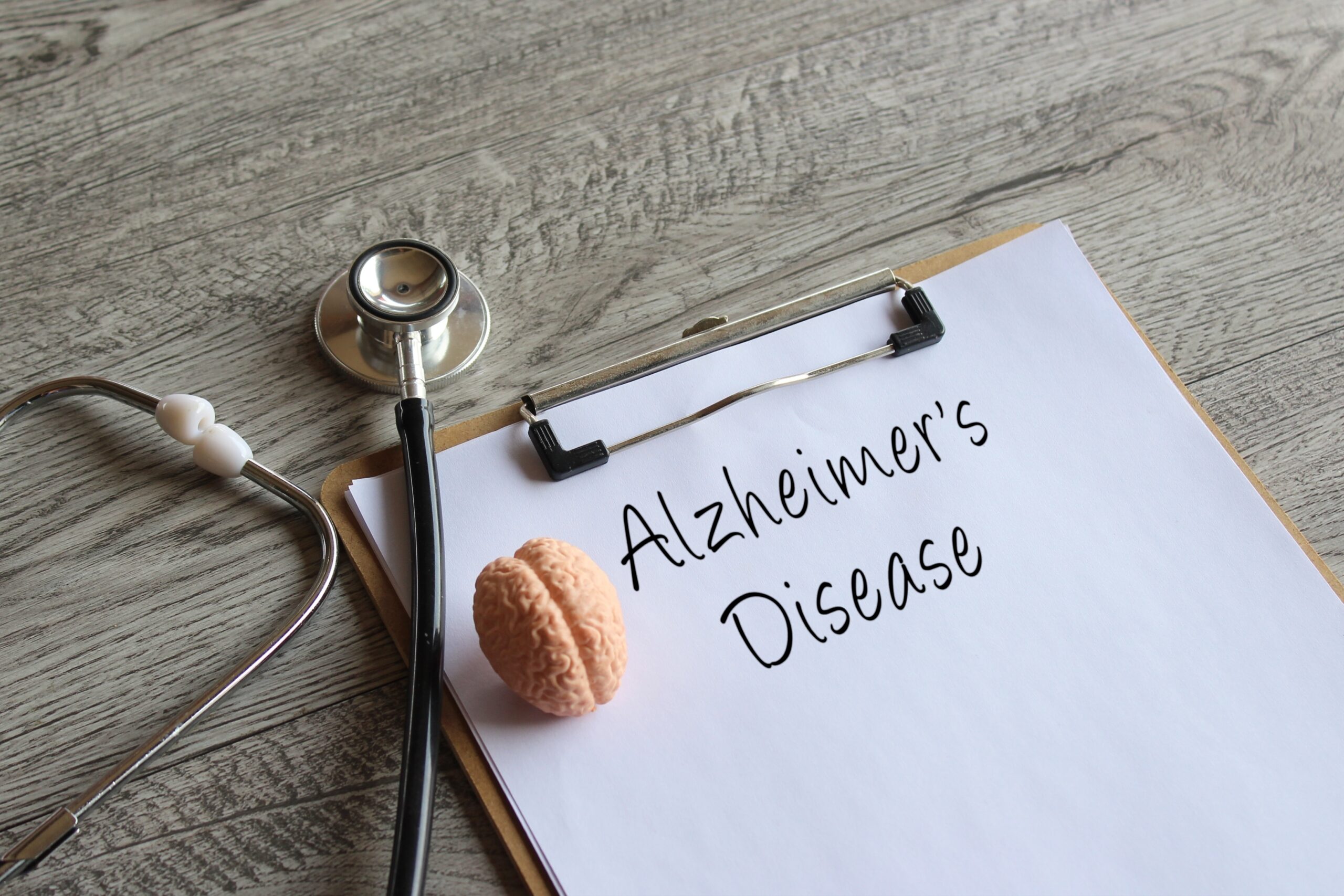Three world-class scientists, armed with decades of Alzheimer’s knowledge, were blindsided when a single piece of genetic news forced them to confront a future they’d spent their careers trying to prevent.
Story Snapshot
- Leading Alzheimer’s researchers discovered they carry the highest-risk gene for the disease, triggering profound personal and professional shifts.
- The scientists’ reactions—ranging from anxiety to activism—spotlight the emotional turmoil and lack of support facing anyone learning their genetic fate.
- Breakthroughs in genetic research are rewriting what we know about risk, but also fueling debates over privacy, discrimination, and the limits of personal control.
- As gene testing goes mainstream, even experts must grapple with the unpredictable intersection of science, fate, and family legacy.
When the Science Gets Personal: Three Experts, One Genetic Bombshell
Three acclaimed scientists—each with a distinguished track record in Alzheimer’s research—discovered, via direct-to-consumer DNA tests or lab participation, that they are homozygous for the APOE e4 allele. This genetic marker is not just a footnote in medical textbooks; it is the most powerful known risk factor for late-onset Alzheimer’s disease. Unlike the average person who might greet such news with confusion, these experts understood in an instant the statistical gravity: their lifetime risk of developing Alzheimer’s could be several times higher than average. They were not just studying the disease; they were now at its epicenter.
The revelation struck each scientist differently. One felt a wave of dread, haunted by the memory of a parent’s decline and the looming sense of inevitability. Another, ever the rationalist, dove headlong into research, determined to turn personal risk into scientific advancement. The third became a public advocate, channeling anxiety into campaigns for better counseling and more humane genetic disclosure practices. Their stories unravel the comforting illusion that knowledge alone shields us from fear, and expose the raw vulnerability that even the brightest minds face when science comes home to roost.
The Double-Edged Sword of Genetic Insight
Genetic testing has exploded into the public sphere, promising clarity and empowerment. Yet, for these scientists, the experience revealed a darker truth: knowledge, without context or support, can be isolating. Direct-to-consumer test results arrived with no roadmap, no counseling, and no acknowledgment of the psychological landmine they contained. Even as experts, these individuals found themselves adrift, forced to navigate a labyrinth of medical decisions, family conversations, and lifestyle overhauls with little guidance. Their stories echo the experience of countless others now facing their own genetic truths in a health care system unprepared for the consequences.
The lack of support is not a side note—it’s a central flaw. Without structured counseling, high-risk individuals may spiral into fatalism or anxiety, or make hasty medical choices unsupported by evidence. The scientists’ responses—ranging from dietary changes to exercise regimens—reflect both the hope and desperation that come with trying to outmaneuver fate. Their journeys underscore the urgent need for integrated, compassionate genetic counseling as testing becomes ubiquitous.
Genetic Discoveries Are Rewriting the Alzheimer’s Playbook
Beyond personal drama, these revelations coincide with a scientific revolution. The APOE e4 allele is no longer the only suspect in the genetic lineup. In 2025, University of Florida researchers identified a new mutation in the CASP8 gene that more than doubles the risk for late-onset Alzheimer’s. Unlike the well-known amyloid and tau protein build-up, this mutation triggers a unique, toxic cascade—suggesting that the disease’s origins are more diverse than previously thought. Meanwhile, MIT scientists uncovered how rare ABCA7 gene variants disrupt neuron function, opening the door for entirely new therapeutic targets and potential dietary interventions.
Stanford’s ongoing research continues to unravel the complex role of APOE4, hinting that even those with “highest risk” genes may not be doomed. Most carriers, they emphasize, never develop the disease. The interplay between genes, lifestyle, and environment is proving far more nuanced than genetic fatalists suggest.
The Collision of Fate, Family, and the Future of Medicine
Armed with their new genetic identities, these scientists became both cautionary tales and advocates. They leveraged their expertise to push for better research funding, smarter public policy, and a more holistic approach to Alzheimer’s prevention. Their advocacy has already shifted institutional priorities and policy debates, putting a spotlight on the need for privacy protections, anti-discrimination safeguards, and expanded access to early counseling and intervention.
The long-term implications reach well beyond individual genomes. As genetic data becomes a fixture in modern health care, society must confront difficult questions: Who owns our genetic information? How do we protect against discrimination while empowering people with actionable knowledge? And most crucially, how do we support the millions who will soon find themselves staring down genetic risk, armed with little more than a printout and a sense of dread?
Sources:
UF Health News & Proceedings of the National Academy of Sciences (CASP8 mutation)
CNG Researchers Identify New Genetic Mutation Linked to Alzheimer’s Risk








